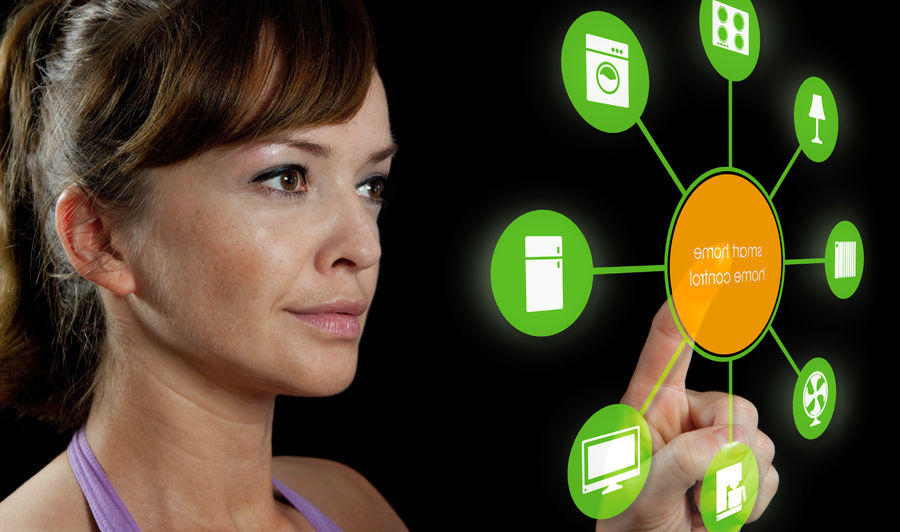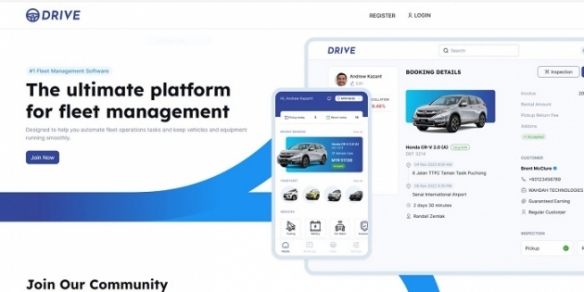GSMA’s low-power network initiative to boost IoT growth
By Digital News Asia August 24, 2015
- ‘Mobile IoT Initiative’ backed by ecosystem and operators
- Will help accelerate LPWA market, commercial solutions expected in 2016

THE GSM Association (GSMA) has established the ‘Mobile IoT Initiative,’ a new project backed by 26 of the world’s leading mobile operators including Singapore Telecommunications (Singtel), Ooredoo and Telenor, OEMs (original equipment manufacturers), as well as chipset, module and infrastructure companies.
The project is designed to address the use of Low Power Wide Area (LPWA) solutions in licensed spectrum, the GSMA said in a statement.
The new group will work to accelerate the commercial availability of mobile IoT technology by facilitating demonstrations, proofs-of-concept and trials of a selection of complementary LPWA licensed spectrum technologies.
It will also provide analysis and feedback to assist 3GPP in standardising the technologies. 3GPP or the 3rd Generation Partnership Project is a collaboration between groups of telecommunications associations that looks into standards and specifications of new telecoms technologies.
It is expected that initial specifications for LPWA solutions will be completed by the end of 2015, with a first implementation in early 2016 and full commercial solutions following later in the year, the GSMA said in its statement.
LPWA networks are designed for machine-to-machine (M2M) applications that have low data rates, long battery lives, and that operate unattended for long periods of time.
It is an emerging area of the Internet of Things (IoT) and represents a huge market opportunity as the IoT scales, the GSMA said.
Analyst firms including Analysys Mason, Machina Research and Strategy Analytics anticipate that there will be 2.7 billion LPWA connections by 2022.
“The market opportunity for LPWA will be a significant driver in the development of the IoT and it’s essential that the mobile industry address the requirements for LPWA cases early on,” said Alex Sinclair, GSMA acting director general and chief technology officer.
“The industry is clearly united behind the Mobile IoT Initiative, providing a common vision to accelerate the availability of industry standard solutions, removing market fragmentation and accelerating adoption,” he added.
Using licensed spectrum
A single technology is not capable of addressing all of the LPWA use cases and so the initiative will focus on three proposed complementary licensed 3GPP standards: LTE Evolutions, GSM evolutions and Clean Slate technologies.
LPWA technologies in licensed spectrum can be deployed in a simplified and cost-effective manner, without sacrificing key customer requirements, such as battery lifetime and security, the GSMA said.
Mobile operators already provide reliable end-to-end IoT platforms that allow customers to scale and manage their business requirements, the association said.
They also have unrivalled global network coverage as well as technical and business support to react to a customer’s changing needs, it added.
The initiative has been backed by key industry players including AT&T, Alcatel-Lucent, Bell Canada, China Mobile, China Telecom, China Unicom, Deutsche Telekom, Ericsson, Etisalat, Huawei, Gemalto, Intel, KDDI, Nokia, NTT Docomo, Ooredoo, Orange, Qualcomm Inc, Sierra Wireless, Singtel, Telecom Italia, Telefonica, Telenor, Telstra, u-blox and Vodafone.
Related Stories:
Can IoT save Malaysian telcos?
MWC 2015 wrap-up: Wearables and IoT the next growth areas?
IoT already transforming family life: GSMA report
For more technology news and the latest updates, follow us on Twitter, LinkedIn or Like us on Facebook.


